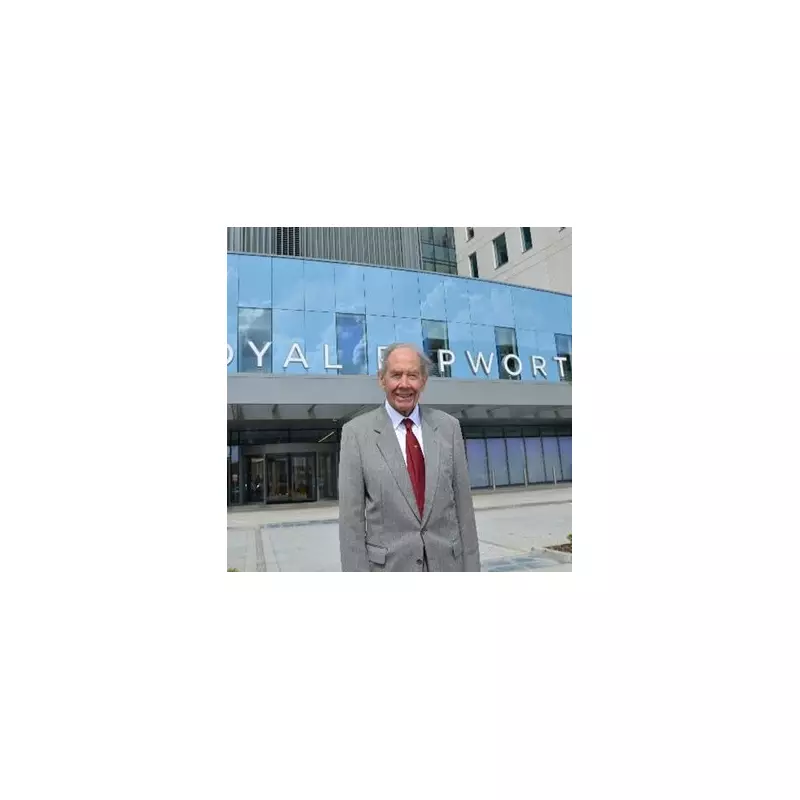
The pioneering surgeon who led Britain's first successful heart transplant, Sir Terence English, has died peacefully at his home in Oxford at the age of 93.
The Landmark Operation That Changed British Medicine
In 1979, against fierce opposition from religious figures and medical critics, Sir Terence transplanted a new heart into 52-year-old builder Keith Castle. This landmark procedure at Royal Papworth Hospital proved a turning point for cardiac care in the UK.
Previous attempts in 1968 and 1969 had ended tragically, with patients surviving just 45 days, 2 days, and 107 days respectively. The poor outcomes led to a moratorium on heart transplantation in the UK, putting immense pressure on Sir Terence's team.
Speaking in 2019, Sir Terence recalled: "I'd been turned down by various transplant bodies and had been met with an awful lot of criticism, so we knew this was likely to be the last chance. I very much had my back to the wall."
Overcoming Setbacks to Achieve Success
Sir Terence's first attempt at a heart transplant in January 1979 ended in tragedy when the recipient suffered a cardiac arrest during the procedure. Although resuscitated and successfully transplanted, the patient died 17 days later.
The failure sparked strong criticism, with transplant pioneer Professor Sir Roy Calne accusing him of setting back UK cardiac transplantation by five years. However, just seven months later, Sir Terence found another opportunity.
His recipient was Keith Castle, whom Sir Terence described as "a smoker with peripheral vascular disease and a duodenal ulcer. Not the best of candidates you might think, but what always struck me about Keith was that he was a survivor."
The operation proved successful, with Castle living a full life for five years and becoming something of a celebrity. His bubbly character helped change public perceptions about heart transplantation.
A Lasting Legacy in Medicine and Organ Donation
Since that landmark operation in 1979, approximately 9,000 patients have received lifesaving heart transplants in the UK. Royal Papworth Hospital gained an international reputation for transplantation, and in 1984 Sir Terence performed Europe's first heart-lung combined transplant alongside Professor John Wallwork.
Sir Terence's influence extended beyond the operating theatre. He served as president of the Royal College of Surgeons, the British Medical Association, and the International Society of Heart Transplantation. He was knighted in 1991 for his contributions to surgery and medicine.
He became a powerful advocate for organ donation reform, supporting the Mirror's campaign that led to the Organ Donation (Deemed Consent) Act - known as "Max and Keira's Law" - which came into effect in England in May 2020.
In 2017, Sir Terence wrote for the Mirror, advocating for the opt-out system used in countries like Spain, while emphasising the need for better supporting systems and trained coordinators in the UK.
Born in South Africa in October 1932, Sir Terence initially studied mining engineering before switching to medicine at Guy's Hospital in London. He leaves behind his wife Judith, four children, and eight grandchildren.






